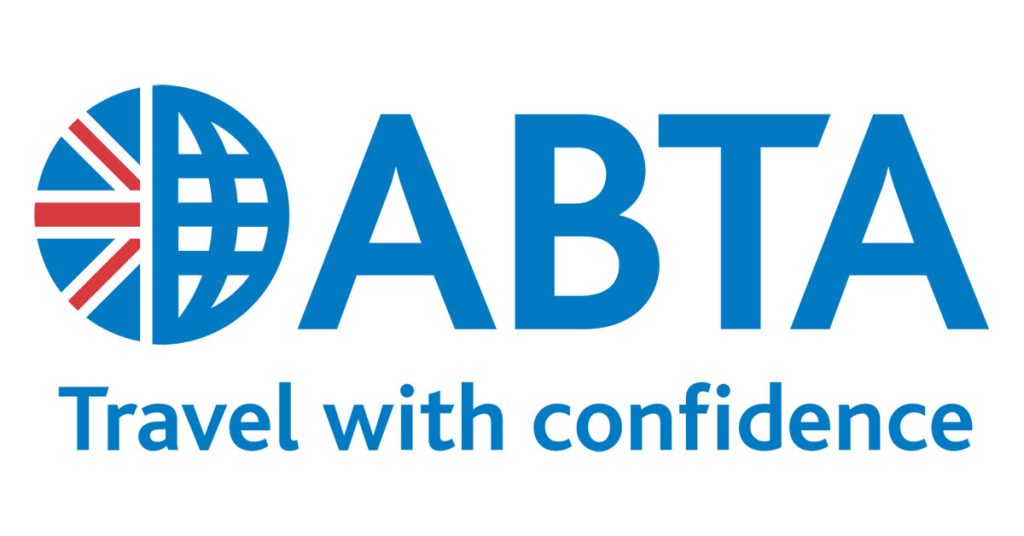The travel industry faces significant changes with the upcoming implementation of new EU entry systems. Abta has proactively released resources to ensure stakeholders are informed and prepared.
With the introduction of the Entry/Exit System and the European Travel Information and Authorisation System, both set to roll out soon, Abta’s guidance is crucial for industry readiness.
Overview of the New EU Entry Systems
The European Union is introducing two significant systems affecting UK residents traveling to the EU. The Entry/Exit System (EES) will automate the documentation of cross-border movements, replacing physical passport stamps. Alongside, the European Travel Information and Authorisation System (Etias) will serve as a pre-travel authorisation, akin to other global models. These changes are set to commence with EES in autumn 2024 and Etias by mid-2025.
Resources Provided by Abta
Abta has launched extensive resources to assist both travel providers and consumers in transitioning to these new regulations. A dedicated hub in the Abta Member Zone offers a detailed Q&A, addressing queries raised by members. This is complemented by online consumer advice at abta.com/eesandetias, all part of Abta’s strategic move to ensure stakeholders are informed well ahead of the implementation of EES and Etias.
Impact on Travel Industry Stakeholders
Travel industry stakeholders, including tour operators and agents, will need to prepare for these alterations. Adjustments in operations are inevitable, particularly regarding customer communications and documentation processes. While some details remain uncertain, Abta’s collaborative efforts with the EU and the UK government aim to pre-empt potential challenges, ensuring a smoother transition for all involved.
Abta recognises the importance of readiness and has initiated dialogue with relevant bodies to streamline processes. The association stresses proactive engagement, urging businesses to integrate the available resources into their client communications. This approach is vital for maintaining customer confidence amidst regulatory changes.
Anticipated Challenges and Solutions
The uncertainties surrounding the specifics of EES and Etias implementations pose challenges. Travel businesses must prepare for initial disruptions during the transition phase. Potential solutions include enhancing staff training and updating technology systems to accommodate the new protocols.
Abta is actively working with EU departments to mitigate these issues. An emphasis is placed on direct communication channels between travel businesses and regulatory bodies, fostering a transparent exchange of information. This collaborative environment is designed to address queries promptly and efficiently.
To further aid the adjustment process, Abta encourages stakeholders to participate in workshops and seminars. These opportunities are aimed at equipping industry professionals with up-to-date knowledge and practical tools to navigate the upcoming alterations effectively.
The Role of Communication in Execution
Communication is deemed critical in managing the transition to EES and Etias. Travellers and industry professionals alike require precise and timely information to facilitate compliance with the new systems. Continuous updates from Abta, in collaboration with EU entities, will be essential in disseminating crucial information.
Abta’s proactive communication strategies are designed to reach a broad audience, leveraging digital platforms and traditional media. This multifaceted approach ensures that all parties have access to vital updates and clarifications regarding the entry systems.
Moreover, Abta plans to enhance its direct promotional activities as the launch dates for EES and Etias near. This step aims to maximise reach and impact, ensuring that both consumers and trade professionals are adequately prepared for the changes.
Future Implications and Benefits
The introduction of EES and Etias is anticipated to bring long-term benefits, including improved security and streamlined travel processes. By automating entry and exit data collection, border efficiency is expected to improve significantly, reducing wait times and enhancing the overall travel experience.
While initial adaptation may present difficulties, the shift to automated systems aligns with global trends in travel management. This evolution reflects a move towards harnessing technology for increased accuracy and efficiency in border control.
Guidance for Industry Professionals
Abta advises industry professionals to stay informed of ongoing updates and remain adaptable to changes in operational requirements. Emphasising continuous learning and cooperation with regulatory bodies is crucial for successfully navigating the transition period and beyond.
Abta’s initiative to provide detailed guidance on the EES and Etias underscores its commitment to supporting the travel sector through regulatory changes.
The collaborative efforts with the EU and UK entities aim to streamline the transition, ensuring a seamless integration for all stakeholders.

